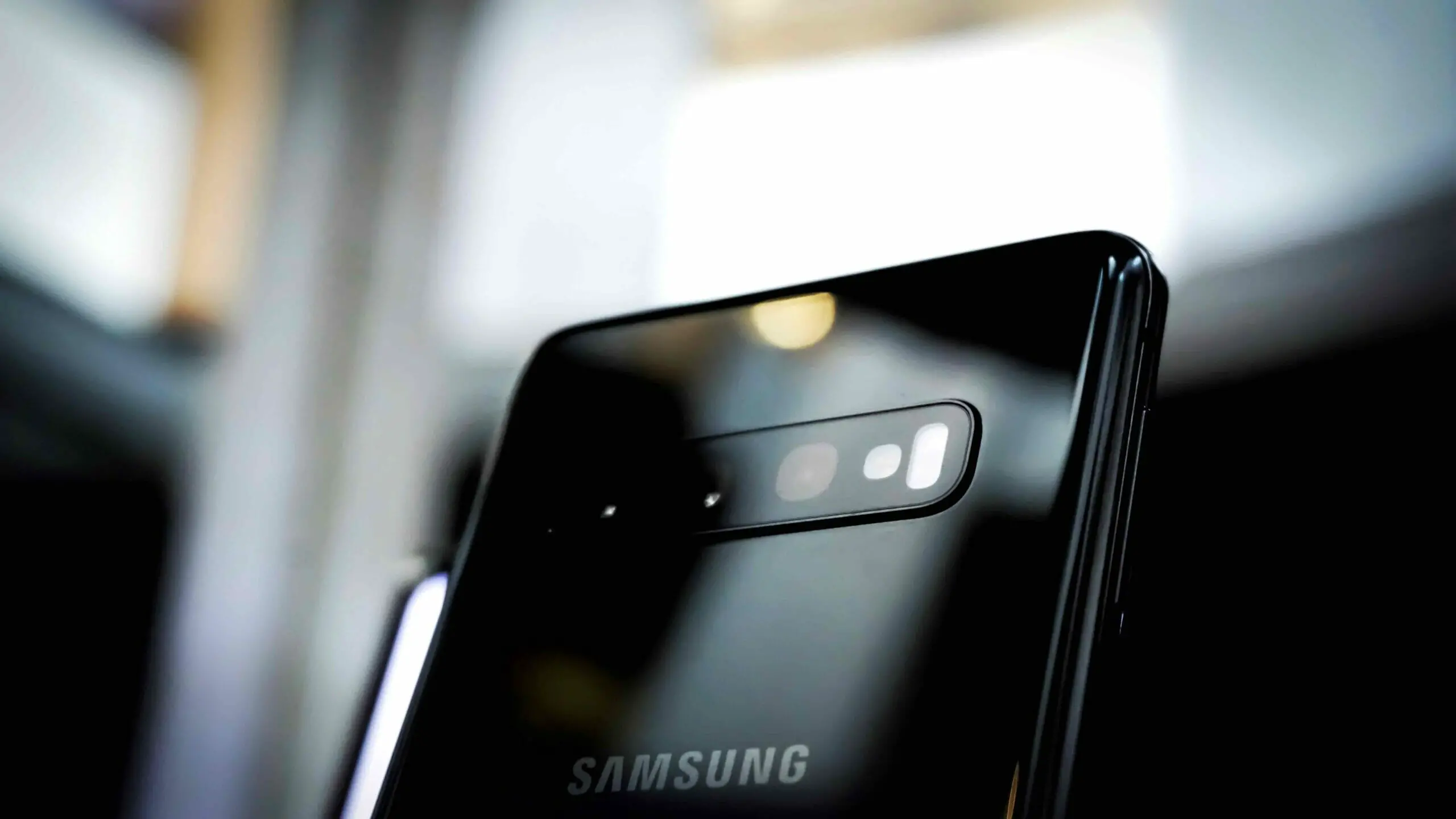Have you ever wondered how you can get your hands on a free Galaxy S10? Even better, it’s from the government!
Quick Summary:
- Step 1: Get to know the Lifeline Program and your eligibility.
- Step 2: Research Lifeline Providers that are suited based on your needs.
- Step 4: Prepare income proofs and government program enrollments.
- Step 5: Go to their site, find that form, fill it out, and ensure it’s accurate.
- Step 6: After sending off your application, wait for their response.
This comprehensive guide covers eligibility, preparing key documents, and applying online via Lifeline providers.
Let’s delve deeper below.
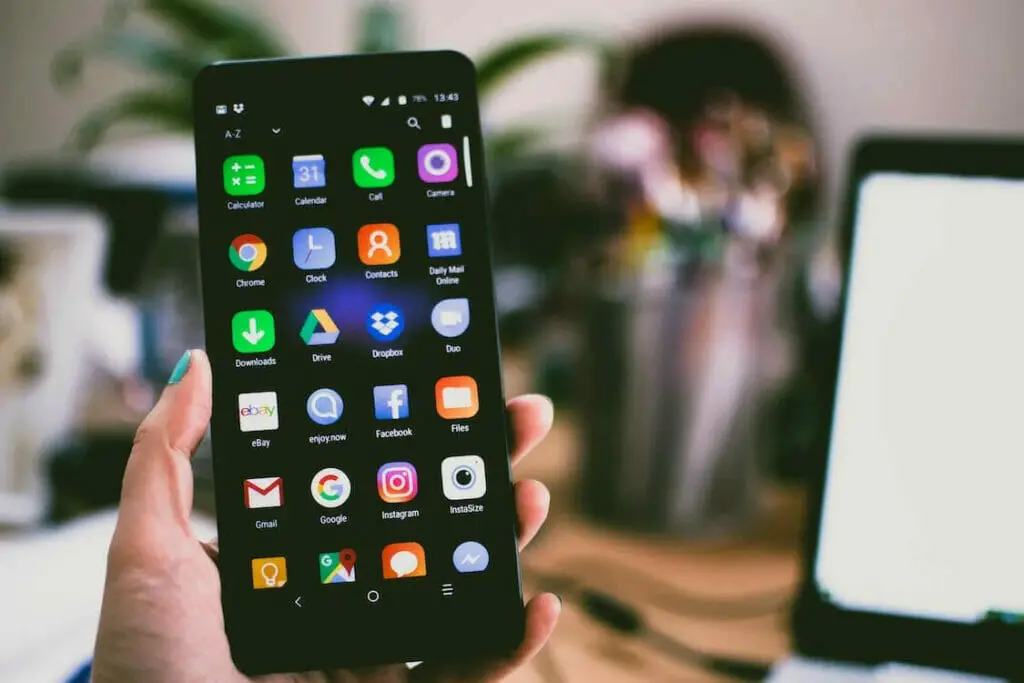
Understanding Government Phone Programs
These are part of the federal Lifeline Assistance program, which aims to make modern communication accessible to everyone.
Tailored for eligible low-income individuals, it bridges the communication gap with essential services, including smartphones like the Galaxy S10. Diving deeper, there’s the Federal Communications Commission’s (FCC) ConnectHome initiative.
Beyond these, state-specific offerings team up with service providers to extend this benefit. While the perks sound appealing, it’s crucial to check the requirements of each to see if you fit the bill.
Requirements to Get a Free Government Galaxy S10
Getting onboard the free Galaxy S10 train isn’t as simple as just wishing for one. There are boxes to tick.
Criteria for Eligibility
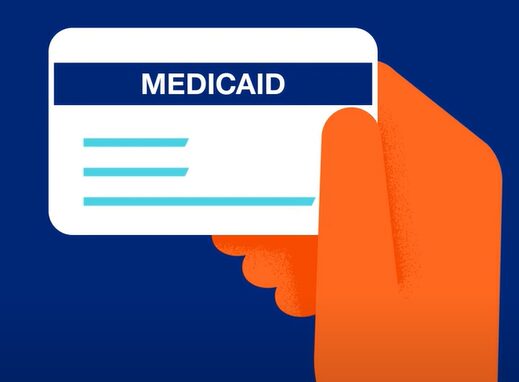
Who qualifies for these programs, you might wonder. It’s not as complicated as it seems. Here are the two criteria for a free Galaxy S10 government phone.
- Participate in federal assistance programs – You need to be part of an eligible government assistance program such as:
- Medicaid
- Supplemental Security Income (SSI)
- Federal Public Housing Assistance (FPHA)
- Income – Your household income should fall below 135% of the Federal Poverty Guidelines.
Documentation
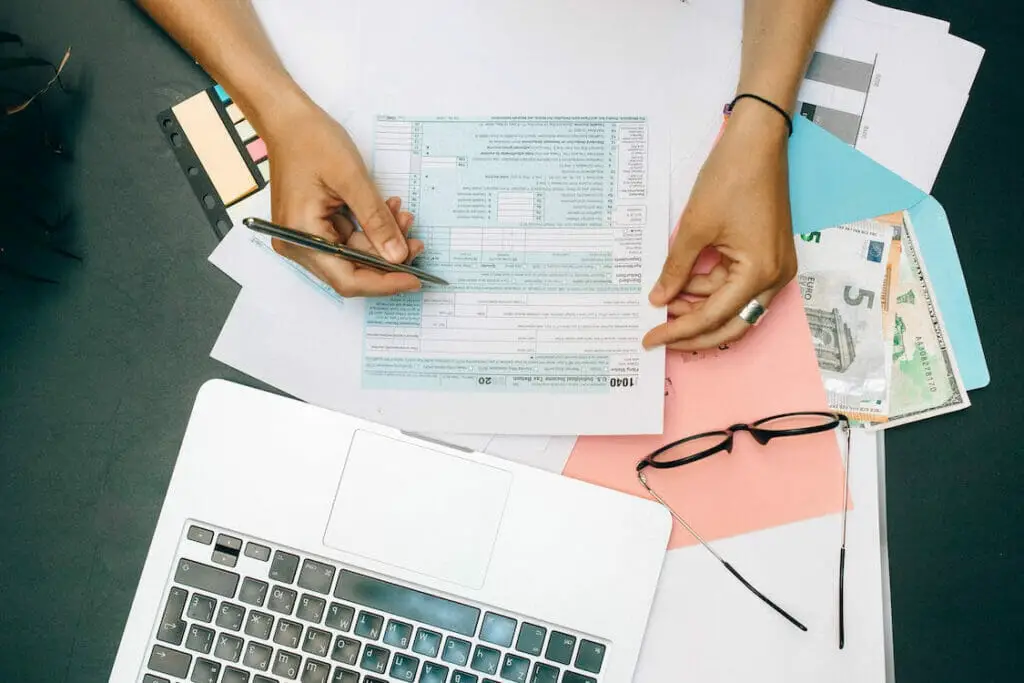
Documents are your best friends here. Whether it’s pay stubs, tax returns, or enrollment proof in a qualifying program, having these ready will streamline your application process.
Application Process for Free Government Galaxy S10 Phones
Have you been eyeing that Samsung Galaxy S10? Imagine not having to reach into your pockets to get one. Well, through certain government programs, that dream might be achievable. Here’s a concise step-by-step rundown:
Step 1: Understand the Lifeline Program
- Medicaid/Medi-Cal
- Women, Infants, and Children Program (WIC) Supplemental Security Income (SSI)
- Healthy Families – Category A Food Stamps or Supplemental Nutrition Assistance Program (SNAP)
- Low-Income Home Energy Assistance Program (LIHEAP)
- Federal Public Housing Assistance or Section 8 National School Lunch’s FREE Lunch Program (NSL) Temporary Assistance for Needy Families (TANF) CalWORKs – StanWORKs • GAIN • WTW Tribal TANF
- Bureau of Indian Affairs General Assistance Head Start Income Eligible (Tribal Only)

- This federal program ensures everyone can access essential communication tools, regardless of their income bracket.
- If you’re eligible, you can receive discounts on monthly services from participating providers. And while Lifeline itself isn’t handing out phones, many of its affiliated providers do.
Step 2: Research Lifeline Providers
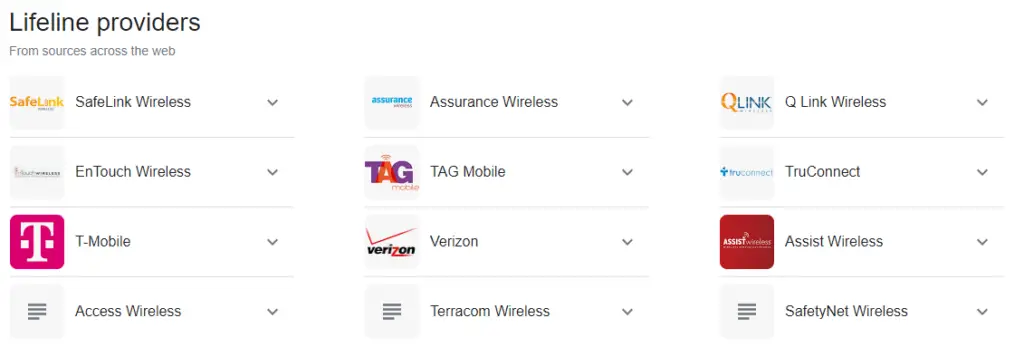
- Various providers operate under Lifeline, and they’re not all created equal. Some offer basic phones, while others might surprise you with high-end smartphones.
Step 3: Apply with Your Chosen Provider

- Once you’ve got a provider in your sights, it’s time to move. Different providers have different perks. And while the exact model of the phone might vary, some have been known to offer gems from the Samsung Galaxy series.
Step 4: Gather Your Documents
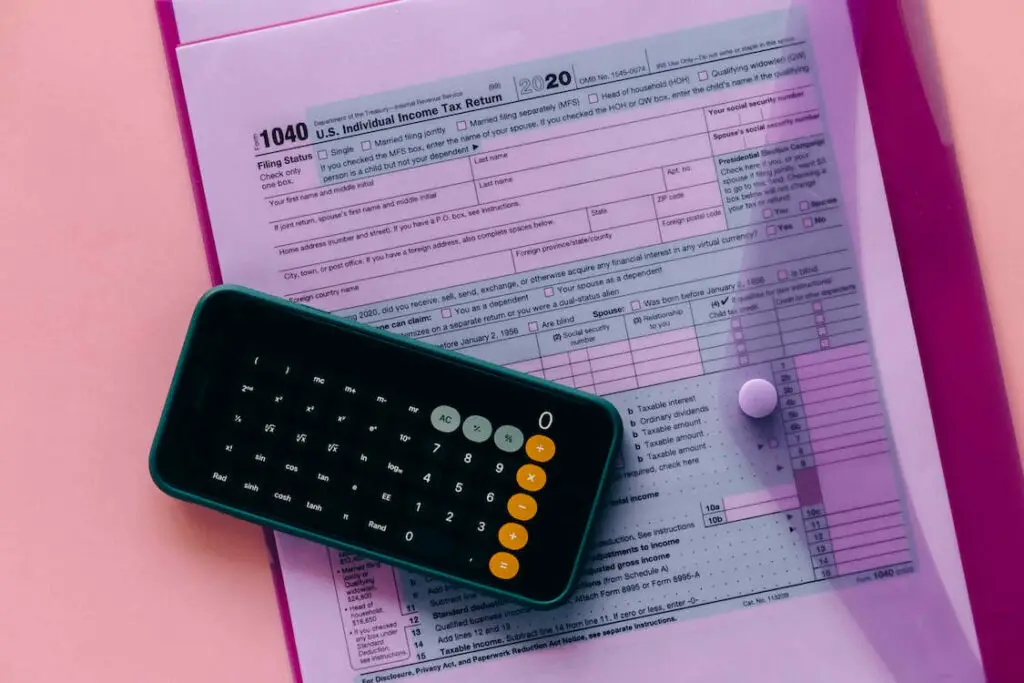
- Before diving into the application, it’s all about preparation. This means gathering proof of income or showing that you’re enrolled in a qualifying government program.
Step 5: Submit the Application

- The beauty is that many providers have made their application process user-friendly. Click on their website, locate the application form, and follow the steps. And, as always, ensure your information is spot-on!
Step 6: The Waiting Game
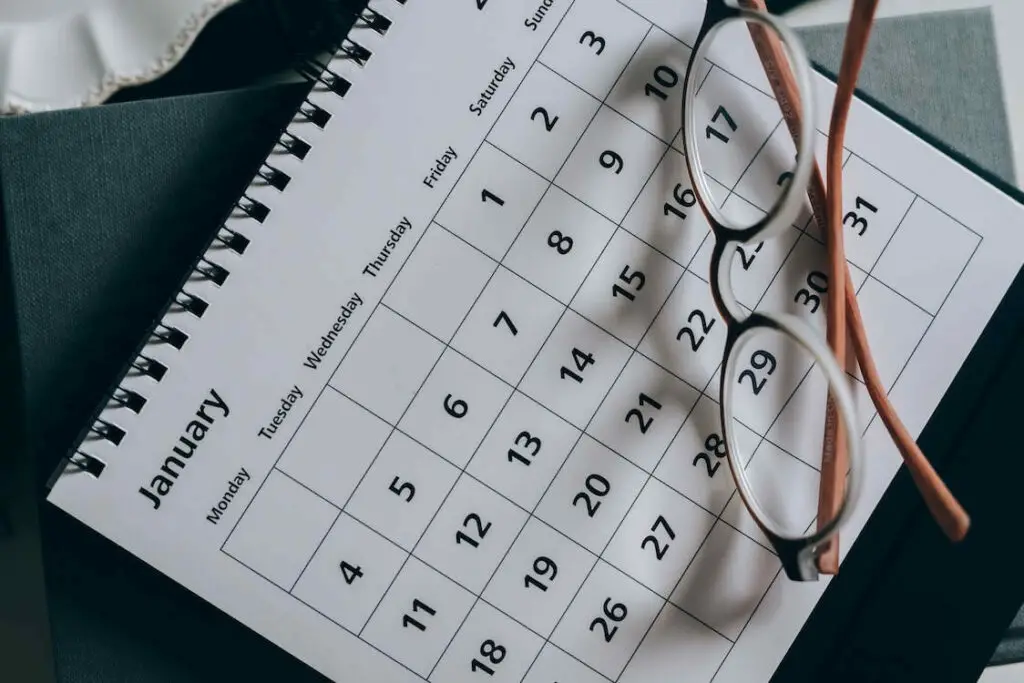
- After submitting your application, the typical wait time to hear back about your Lifeline application ranges from 2 to 30 days.
- If you haven’t heard back after 30 days, it’s a good idea to contact the service provider to inquire about the status of your application.
Tips and Tricks: Navigating the Process
Worry not if you’re overwhelmed about diving into the world of free government phone applications! I’ve been in the trenches, figuring out the ropes and sharing some hard-earned wisdom with you.
From the paperwork to the nitty-gritty details, I’ve got a list of tips and tricks to pave the way for a smoother journey. Ready to rock this? Let’s dive in!
- Research Thoroughly: Before diving in, spend a little time researching the different Lifeline providers. Some might offer extra perks, more data, or even specific phone models. Knowing your options will help you make an informed decision.
- Apply Online Where Possible: Many Lifeline providers allow for online applications, which can be faster and more efficient than paper applications. Plus, you can often track the status of your application in real time.
- Stay Updated on Eligibility Requirements: Government programs and their criteria can change over time. Periodically check the official Lifeline website or with your chosen provider to ensure you’re always meeting the requirements.
- Be Honest in Your Application: Always provide accurate information. Any discrepancies can lead to application denial or future issues. Remember, the goal is to benefit those who genuinely need the service.
- Keep An Eye Out for Special Promotions: Lifeline providers sometimes offer promotions where you might get additional benefits like extra data or a superior phone model. Timing your application right could land you some extra perks!
- Confirm the Service Area: Ensure the provider you’re considering has good service coverage. A free phone won’t be useful if you can’t get a signal!
- Educate Yourself on Phone Usage Limits: Remember, while the phone and service might be free, there might be limitations on minutes, texts, or data. Being aware of these will prevent unexpected bills or service interruptions.
List of Providers
Navigating the realm of free government phones can seem like a daunting journey, but when you’ve got the right guide and know where to look, it can lead to rewarding destinations.
Let’s dive into which providers might have that golden ticket for you.
- Assurance Wireless: Assurance Wireless, under the Virgin Mobile umbrella, has historically been known to provide its users with an array of smartphone choices. While the specific models can vary based on availability and location, it’s worth checking out their current offerings if you’ve got your heart set on something flashy.
- Safelink Wireless: One of the major players in the Lifeline service game, Safelink Wireless rotates its smartphone offerings based on inventory. While flagship phones like the Galaxy S10 aren’t typically part of their regular lineup, they occasionally surprise with special promotions.
- Q Link Wireless: Q Link Wireless has been expanding its phone offerings, providing users with a diverse range of smartphones. They have a range of phones, and while the Galaxy S10 might not be a standard offering, it doesn’t hurt to keep an eye on their promotions.
- Access Wireless: A provider that understands the importance of solid communication tools, it tries to keep its device lineup fresh and relevant. It’s worth peaking at their current promotions to see if they have any high-end smartphones on the menu.
Benefits of Choosing Galaxy S10
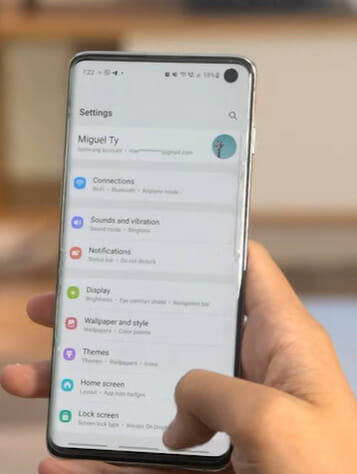
I’ve got to tell you: if you’re considering a free government phone, the Samsung Galaxy S10 is an outstanding choice. It’s not just a phone; it’s like having a powerful mini-computer in your pocket.
So, let me break down why this gadget is worth choosing.
| Aspects | Benefits |
|---|---|
| High-Resolution Screen and Camera | The Galaxy S10 boasts a 6.1-inch display with Quad HD+ resolution, ensuring clear and stunning visuals. Not to forget its triple-lens rear camera, perfect for capturing those top-notch photos. |
| Long Battery Life | Say goodbye to those surprise battery drains! The Galaxy S10 has a 3400mAh battery, so you’re set for those longer stretches without needing a quick recharge. |
| Good Storage Capacity | Worried about space? No need! The Galaxy S10 offers 128GB or 512GB internal storage options. That’s a lot of room for your favorite snaps, apps, and tunes! |
| Outstanding Performance | Smooth operations are the name of the game. With its high-end processor and a hefty 8GB of RAM, expect seamless streaming, gaming, and more on this device. |
Frequently Asked Questions
Q: Can I choose a different phone model if the Galaxy S10 isn’t available?
A: Absolutely! While the Galaxy S10 is a gem, providers often stock various models, depending on availability. They’ll usually offer an alternative if the S10 is out of reach. Check with your chosen provider to see what’s on the table at the time of application.
Q: How often do I need to renew my eligibility for the Lifeline program?
A: Great question! Lifeline program eligibility typically requires an annual check-in. You’ll need to recertify your status yearly to ensure you still meet the criteria. It’s a straightforward process but crucial—so mark that calendar!
Q: What happens if I no longer qualify for the program?
A: Life’s always changing, right? If you don’t fit the bill, you’ll transition off the Lifeline program. But remember, if circumstances change again, you can reapply. Keep your provider in the loop with any significant income or status updates.
Q: Are there any hidden costs or fees associated with getting a free government phone?
A: Transparency is key here. Typically, the phone and the basic plan come at no cost to eligible individuals. However, there might be associated charges if you opt for additional services or go beyond the set limits (like extra data or international calls). Review the terms and chat with the provider to dodge any unexpected surprises.
Q: Can I transfer my current number to the new Galaxy S10?
A: You bet! If you’re attached to your current digits, in most cases, you can port your existing number over to the new phone. Just ensure you mention this when applying, and your provider will guide you through the steps
Q: Do I need to sign a contract to receive a free government phone?
A: No long-term commitments here! Most of the time, the Lifeline program doesn’t require you to sign a lengthy contract. It’s all about providing access without the strings attached. Remember, though, you must maintain eligibility and re-certify annually.
Q: I’m moving to another state. Will my benefits continue?
A: Big moves, big questions! If you’re relocating, updating your address with your provider is crucial. Benefits can indeed continue, but keep in mind that state-specific requirements might differ. It is always best to double-check with your service provider or the state’s Lifeline administrator.
Q: Can I upgrade my plan or add extra services to my government phone?
A: Want a little more juice in your plan? Absolutely! While the basic Lifeline service comes with a set amount of minutes and data, many providers offer the option to purchase additional services. Whether it’s more minutes, extra data, or international calling, check with your provider for available add-ons and their costs.
References
Website Resources:
- Federal Communications Commission (FCC) – https://www.fcc.gov/general/lifeline-program-low-income-consumers
- Lifeline Support – https://www.lifelinesupport.org/
Video References:
Medicare Made Clear
ACPLifeline
YugaTech

